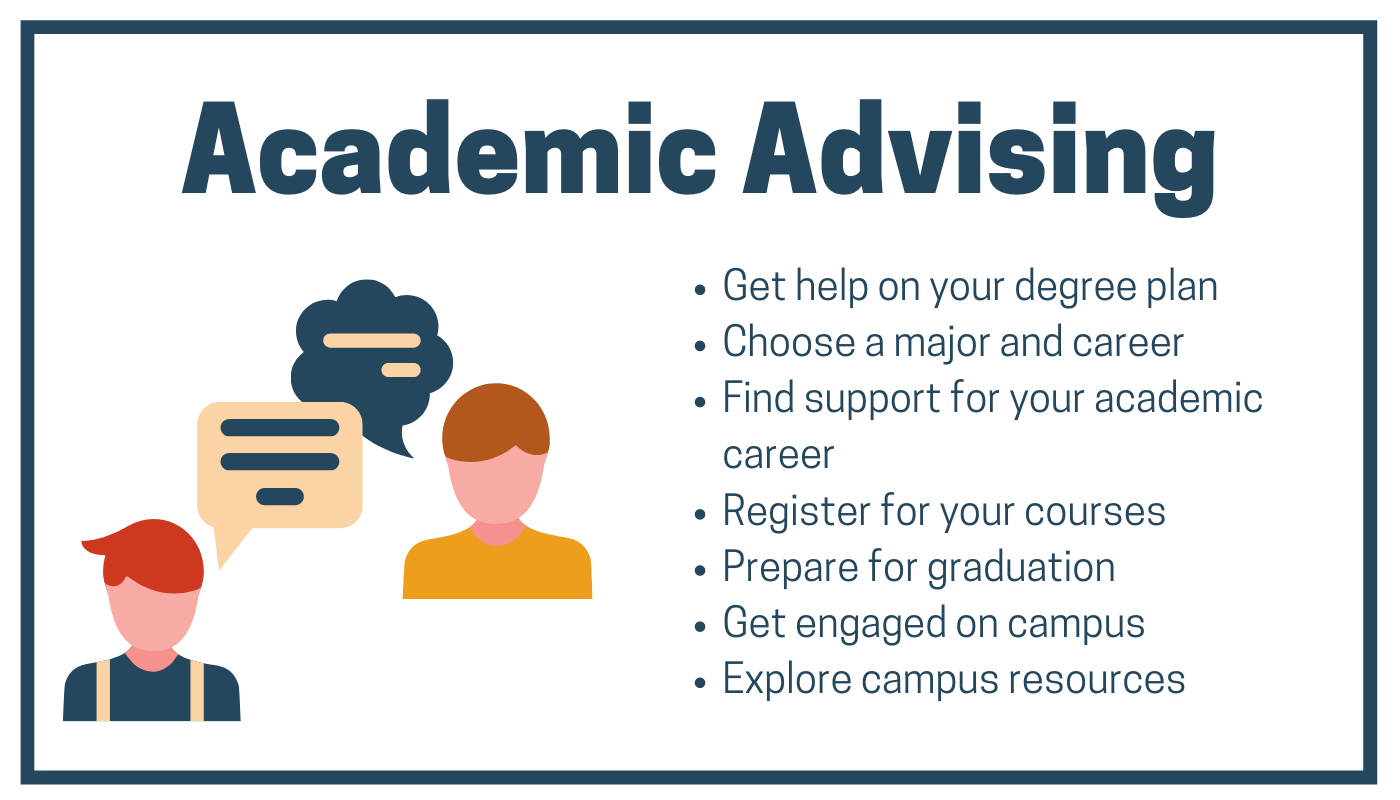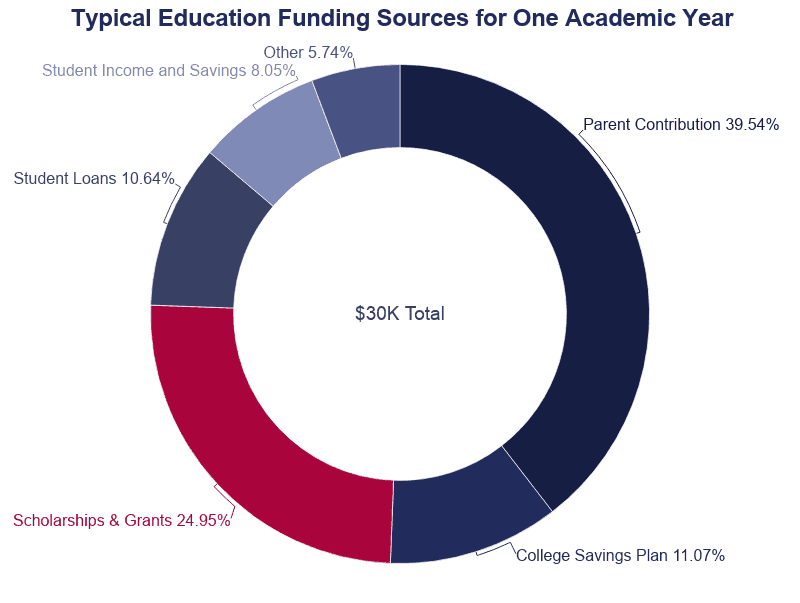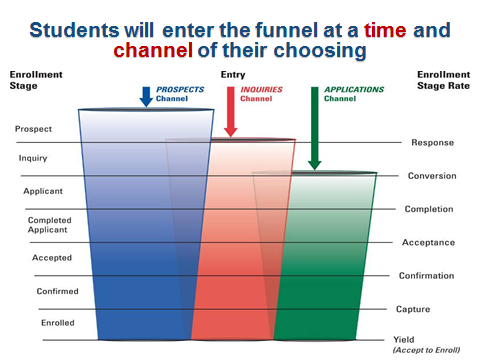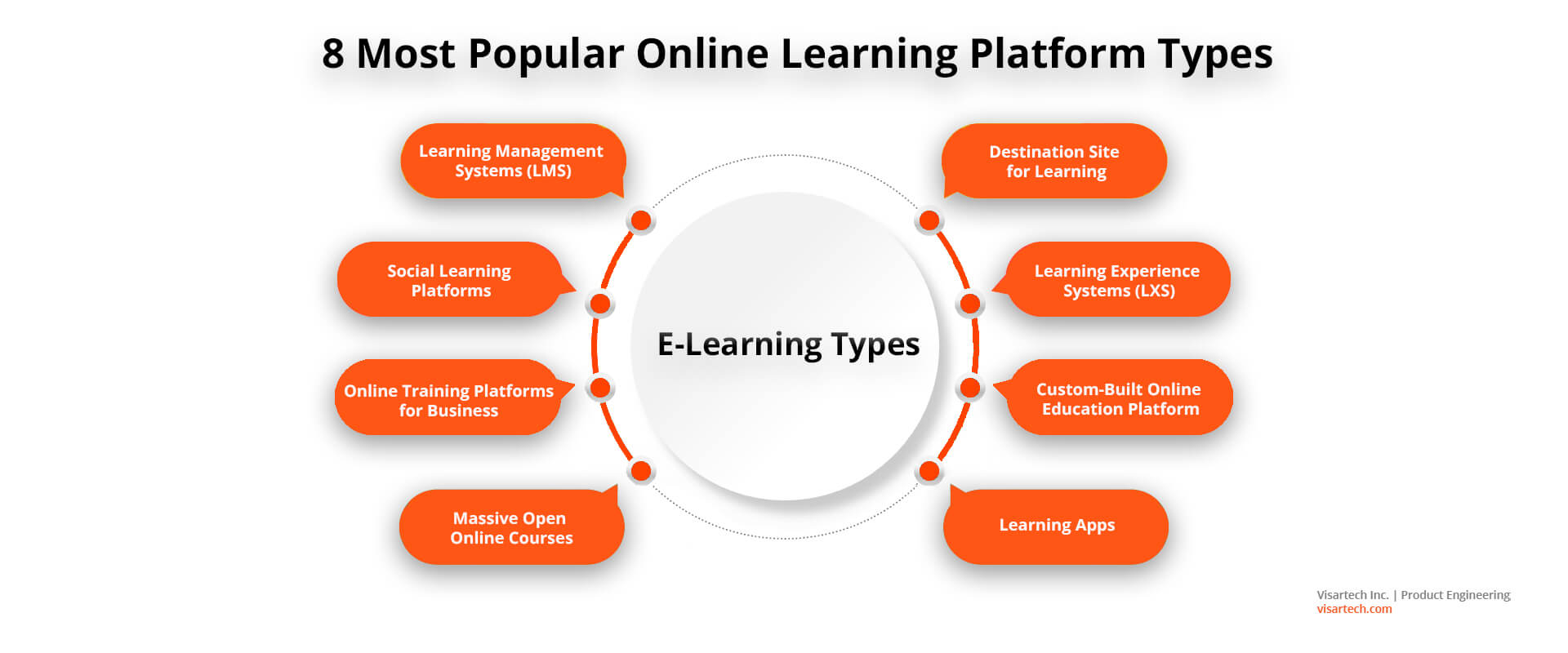Title: Tips for Academic Advising and Counseling Success in Education: Expert Guidance for Students
Introduction:
Academic advising and counseling play a crucial role in a student’s educational journey. These services provide guidance, support, and valuable insights for students to navigate their academic paths effectively. Whether you’re a fresh-faced freshman or a seasoned senior, these tips for academic advising and counseling success will help you maximize your educational experience.
1. Build a strong relationship with your advisor:
Developing a meaningful relationship with your academic advisor is essential. Regularly communicate with them and seek their guidance regarding course selection, academic goals, and career aspirations. Establishing trust and open lines of communication will ensure you receive personalized and relevant advice.
2. Understand your academic requirements:
Familiarize yourself with the academic policies, programs, and graduation requirements of your institution. By understanding these prerequisites early on, you can plan your courses and academic pathway effectively. Take advantage of online resources and official college websites for accurate and up-to-date information.
3. Plan ahead:
Create a long-term academic plan that aligns with your goals. Consider prerequisites, core requirements, electives, and any time-sensitive courses. Collaborate with your advisor to ensure your plan aligns with your intended major or field of study to avoid any unnecessary setbacks.
4. Seek guidance for choosing classes:
When selecting courses each semester, consult your academic advisor for guidance. They can provide expert advice on balancing workload, finding relevant classes, and exploring additional opportunities like internships, research projects, or study abroad programs. They can also help you identify potential challenges and offer solutions.
5. Actively participate in advising sessions:
Make the most of your advising sessions by arriving prepared with questions and concerns. Take notes during your meeting and follow up on any action items discussed. Be proactive and take ownership of your academic success by staying engaged in the advising process.
6. Explore campus resources beyond advising:
Academic counseling is just one of the many resources available to support your educational journey. Make the most of other campus services, such as tutoring centers, career development offices, writing labs, and mental health services. These resources can enhance your learning experience and help you thrive academically.
7. Monitor your academic progress:
Regularly review your academic progress and track your performance. Be proactive in identifying any potential challenges, such as falling behind in coursework or struggling with specific subjects. If necessary, seek additional help and support to address these issues promptly.
8. Maintain a work-life balance:
While it’s important to dedicate time and effort to your studies, remember to prioritize your well-being. Balance your academic workload with extracurricular activities, hobbies, and personal relationships. Take breaks and practice self-care to prevent burnout and maintain a healthy lifestyle.
Conclusion:
Academic advising and counseling are invaluable resources for students seeking success in their educational journey. By leveraging the knowledge and expertise of these professionals, you can navigate any academic challenges effectively. Remember to build strong relationships with your advisors, plan ahead, utilize campus resources, and regularly monitor your progress. Embrace these tips, and you’ll be well on your way to a fulfilling and successful educational experience.











